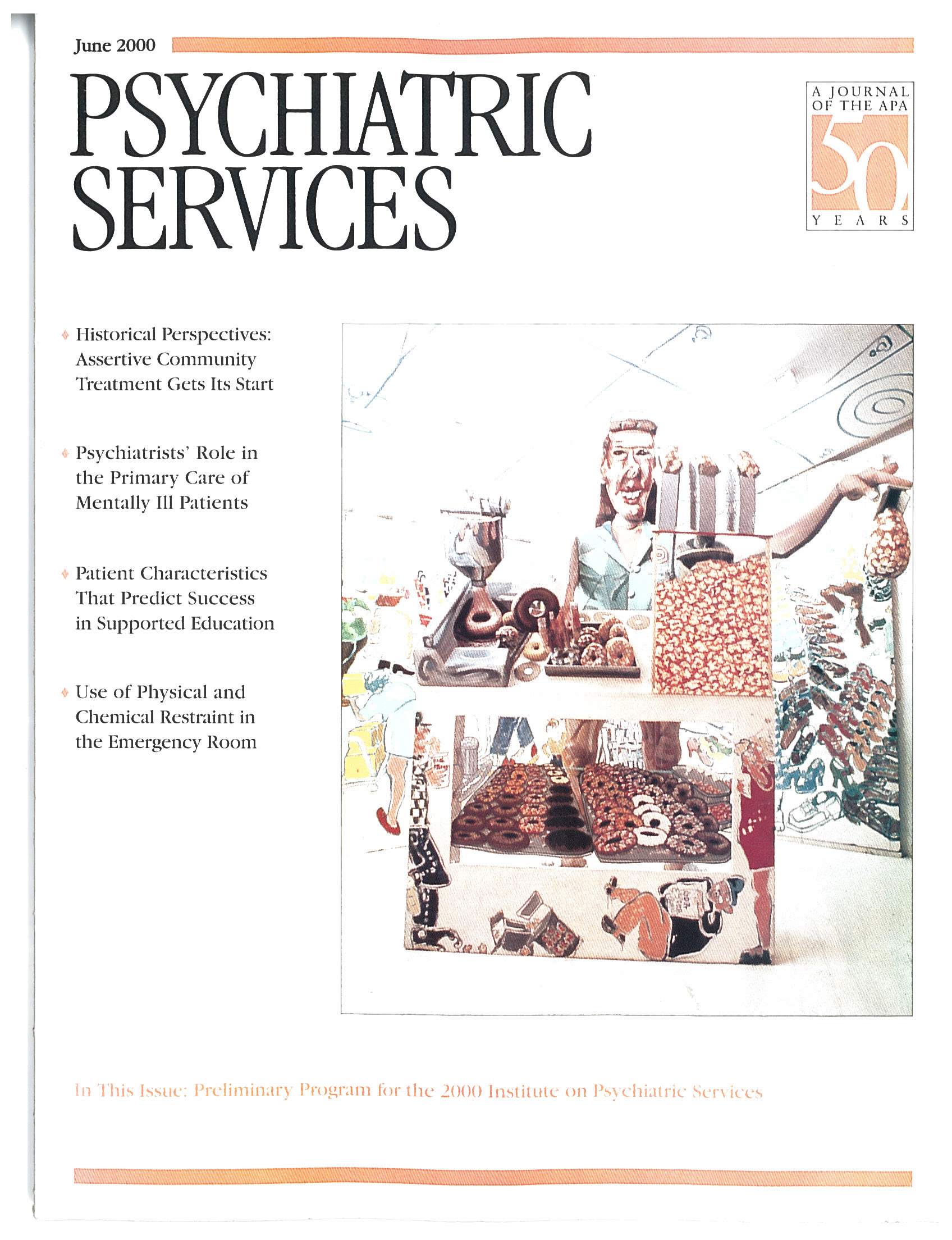Black Psychiatrists and American Psychiatry
Dr. Jeanne Spurlock was a tireless warrior, forever lifting her voice through both the spoken and the written word, about the plight and psychiatric needs of children, women, and minorities, and she insisted that everyone join the cause. Throughout her career, she was involved in the education, training, and professional development of psychiatrists. As deputy medical director and director for the office of minority and national affairs of the American Psychiatric Association and through minority fellowship programs, she focused her efforts to ensure that psychiatric residents from minority groups would have the necessary research training and skills and an awareness of the psychiatric needs of neglected populations and that they would fully participate in organized psychiatry.
Dr. Spurlock particularly insisted that black psychiatrists formally document their research findings, their theoretical understanding of the mental health issues affecting black patients, and their clinical work. It is therefore fitting that her last published book before her death in November 1999 is Black Psychiatrists and American Psychiatry.
Dr. Spurlock and the distinguished group of contributors she assembled share with us rich segments of the history of the contributions of black psychiatrists that until now existed, as she says, "only in the heads and hearts" of those who were in some way intimate with it. Through biographical sketches of both early and contemporary pioneers, courageous black men and women who refused to be defeated by the intransigence of others, we learn about the psychological role of the spirit of activism, its influence in the development of leadership, and its contribution to change. Descriptions of the development of mental health service delivery systems, ranging from a general hospital department of psychiatry to public-sector community psychiatry to an academic department and training program in a major medical school, provide insights into the importance of having an understanding of the needs of the population you serve, a collaborative working relationship with the community, and sensitivity to broader social issues.
Black psychiatrists are represented in all major specialty areas of psychiatry and in psychoanalysis. Here both personal reflections and formal surveys provide information about their significant contributions as well as about their unique experiences and continued challenges. As a bonus, Black Psychiatrists and American Psychiatry gives us an analysis of the mental health issues currently affecting black Americans, a pictorial history of black psychiatry pioneers and institutions, and a wealth of references to the published works of black psychiatrists spanning generations and a wide range of subjects.
This book should be of interest to all mental health clinicians, historians, and students of human behavior and group dynamics. As with most books with multiple contributors, there is variation among the chapters. Some are more sketchy, focusing on facts, while others provide more interesting narrative and have greater depth and poignancy.
Black Psychiatrists and American Psychiatry is a book well worth reading. It can enlighten and teach us all how to grow beyond intransigence and resistance. By doing so, perhaps we as healers will be better able to contribute not only to improving the mental health of the "least of these" but also within the hallowed halls of our own profession. Besides recording a neglected part of the history of psychiatry, Dr. Spurlock, true to the spirit of her life's work, had a lesson she intended to teach.
Dr. Bland is clinical professor in the department of psychiatry at the Louisiana State University Health Sciences Center and regional medical director for the State Office of Mental Health in New Orleans.



